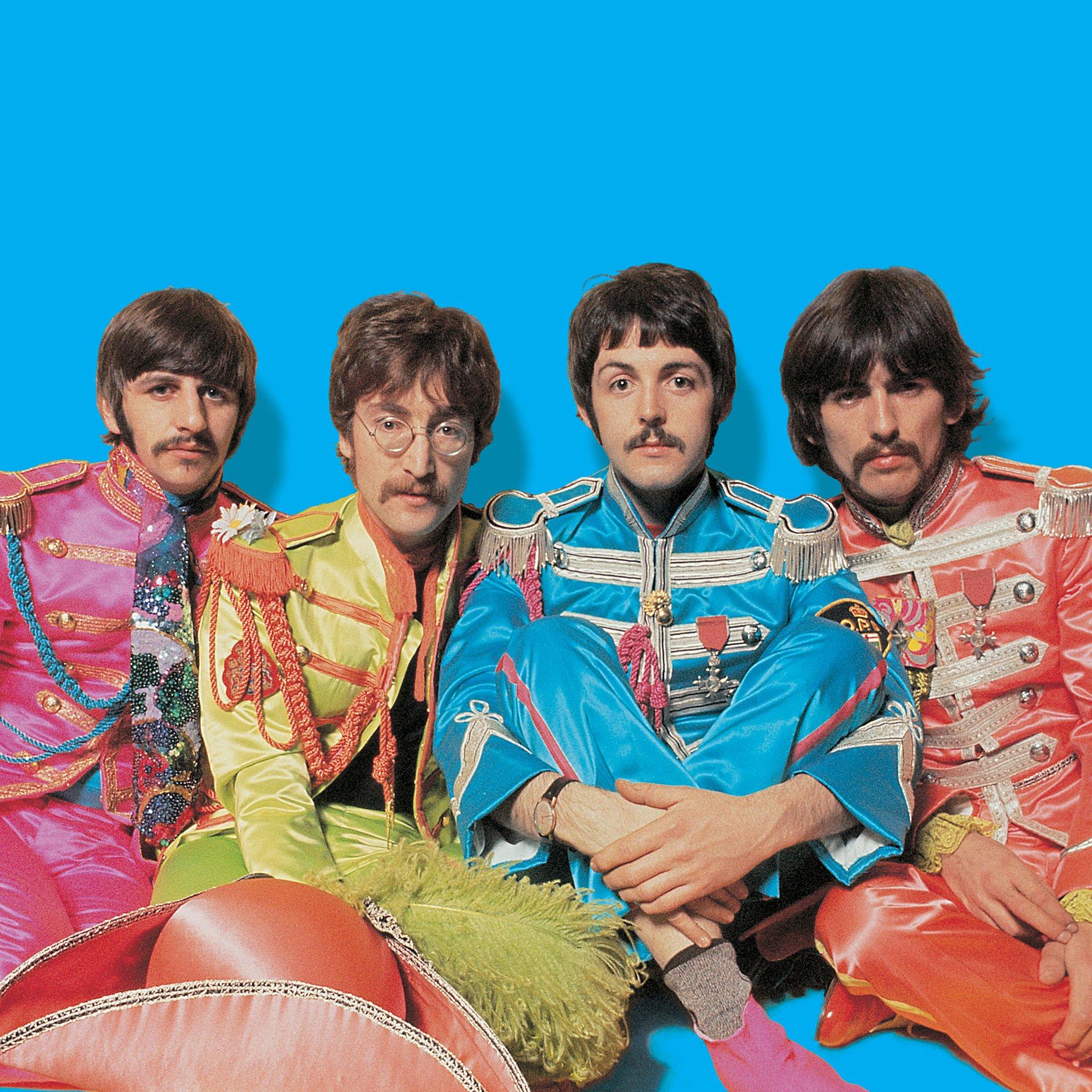Meta Description: Explore a detailed vocal comparison of The Beatles’ Paul McCartney and John Lennon. Discover their unique vocal styles, ranges, and contributions to the band’s success.
The Beatles Vocal Comparison: McCartney vs. Lennon
Bob Dylan’s remarkable career proves that one can succeed in other areas even with minimal technical vocal skill. Dylan’s ability to write songs is undoubtedly his greatest asset, but his unique voice and tone also contribute to his longevity as a performer. The Beatles redefined pop music throughout the 1960s by fusing a similar identity with technical prowess in their vocal department.
Objective and Subjective Vocal Evaluations in The Beatles Vocal Comparison
It’s critical to recognize the distinction between subjectivity and objectivity when evaluating vocals. For instance, George Harrison’s rendition of “Wah-Wah” might be more appealing to some than Céline Dion’s technically superior performances. While Dion excels in projection, dynamic command, and range, the subjective appeal of Harrison’s vocals remains strong for many fans.
Ringo Starr’s Unique Contributions
It is extremely uncommon for any member of a classic rock group, including the drummer, to have multiple lead vocal credits. This is the case with The Beatles. The Fab Four’s subtle yet complementary personalities shine through in their voices. Generally speaking, Ringo Starr’s voice worked well with bouncy, upbeat songs like “Yellow Submarine,” “Octopus’s Garden,” and “What Goes On.” Despite being infrequent, his contributions were essential to The Beatles’ canon.
With a restricted range, Starr was the only member of the band with a fully baritone voice. As a result, he mostly contributed as a backup vocalist. The more skilled and, in the end, more seasoned vocalists were Paul McCartney, John Lennon, and Harrison; they were all primarily tenor singers. Harrison’s range came in third place with a range of one octave and six notes from G3 to D5, while Starr’s range covered roughly one octave and three notes from C3 to Eb4.
George Harrison’s Distinct Style
Harrison had a distinct style of pitch transition and typically took the lead in songwriting. Similar to Starr, Harrison’s voice was genuinely indispensable and played a major role in creating some of the band’s most well-known harmonies. The band’s primary songwriting duo and most recognized lead vocalists, Lennon and McCartney, are the only remaining contenders for best vocalist after Harrison and Starr were respectfully eliminated.
Lennon vs. McCartney: A Subjective Choice
Subjectivity will now be hardest to ignore at this point. Lennon’s voice is my favorite from The Beatles, if you had to ask me. His contributions to hits like “Yer Blues” (The Dirty Mac version), “Twist and Shout,” “I’m Only Sleeping,” and “Happiness is a Warm Gun” were nothing short of amazing and never failed to raise the hair on people’s necks. However, my preference for vocals might be biased. I often find Lennon’s songwriting contributions to be better.
It’s worth mentioning that the songwriting duo had disagreements over “Oh! Darling,” which is one of McCartney’s more difficult lead vocals. Despite being written by McCartney, Lennon thought the song was more his style. “‘Oh! Darling’ was a great one of Paul’s that he didn’t sing too well. In 1980, Lennon said to David Sheff, “I always thought that I could’ve done it better. It was more my style than his.” “What the heck, he’s going to sing it? He wrote it. Had he been sensible, he ought to have allowed me to sing it.”
McCartney’s Vocal Mastery
It took McCartney multiple tries to perfect “Oh! Darling” in 1969. Recording engineer Alan Parsons claims that the bassist only tried to record once a day, first thing in the morning, to allow his voice to rest. Parsons opined, “I guess he wanted to capture a certain rawness. This could be done only once before the voice changed.”
It would have been interesting to hear Lennon put his money where his mouth was, even though McCartney’s recording sounded flawless to my untrained ear. Whether or not a Lennon-led substitute hit the same highs and lows at precisely the right moments would be a subjective decision for the listener to make.
The Verdict on The Beatles Vocal Comparison
To answer your main query, the majority of The Beatles’ catalog implies that McCartney was slightly superior to Lennon. Official narratives also suggest this. Remarkably, Lennon’s vocals covered one octave and one note, from E3 to E5. McCartney’s range covered two octaves and three notes, spanning from C3 to Eb5. In their prime, both were able to control their vocal dynamics to a similar extent, giving McCartney a slight advantage.
